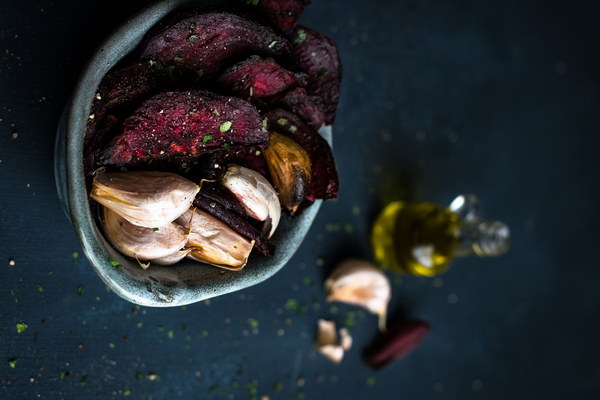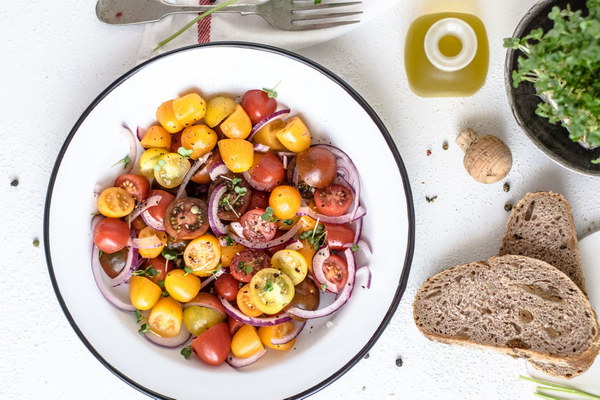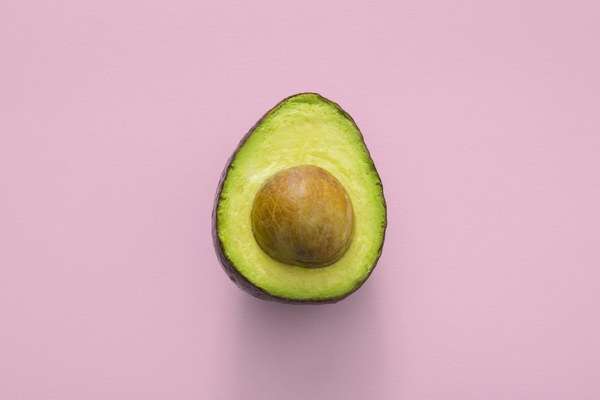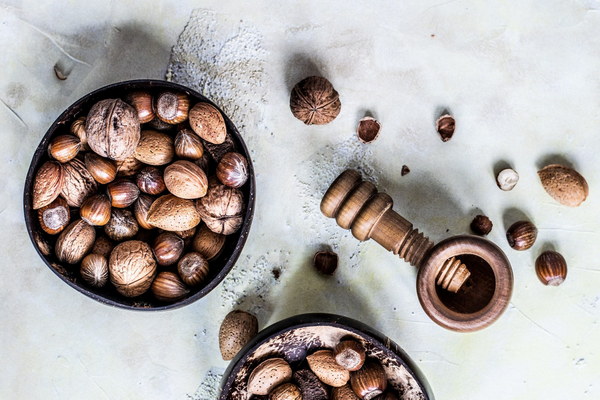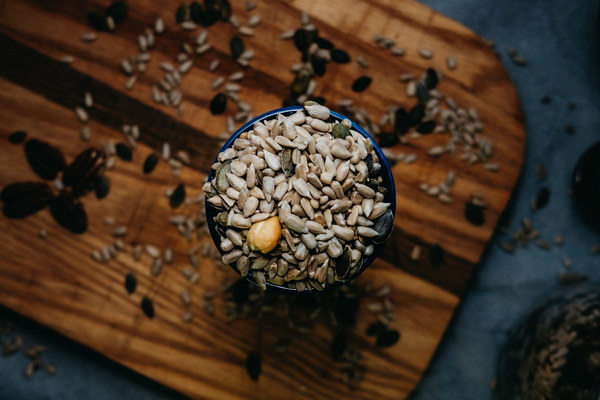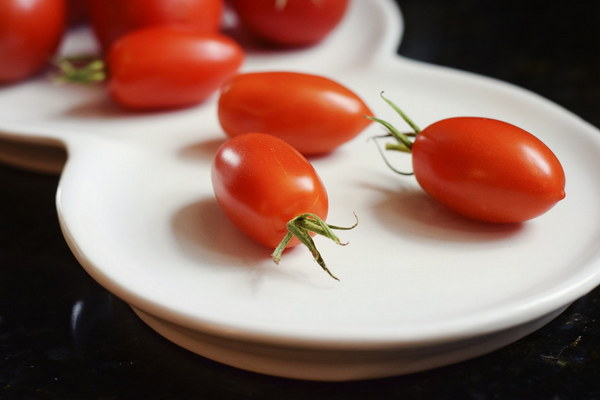The Great Debate Does Durian Nourish Your Stomach or Spleen
In the world of fruits, durian holds a unique position, both for its flavor and its health benefits. One of the most common questions surrounding durian is whether it is beneficial for the stomach or the spleen. This article delves into the debate, exploring the potential benefits of durian for both the stomach and spleen, and whether it can truly be considered a superfood for these vital organs.
Firstly, let's clarify the difference between the stomach and the spleen. The stomach is primarily responsible for the digestion of food, breaking down proteins and absorbing nutrients. On the other hand, the spleen plays a role in blood filtration and immune function. Both organs are crucial for maintaining overall health, and their optimal function is essential for a well-balanced body.
Durian, with its creamy texture and intense flavor, has been hailed as a superfruit with numerous health benefits. But what about its impact on the stomach and spleen? Let's examine the evidence.

On one hand, durian is believed to be beneficial for the stomach. It contains high levels of fiber, which can aid in digestion and prevent constipation. Additionally, durian has been shown to have anti-inflammatory properties, which may help reduce stomach pain and inflammation. The fruit's rich content of probiotics can also promote a healthy gut flora, which is essential for digestion.
Moreover, durian is a good source of antioxidants, which can help combat free radicals and reduce the risk of stomach ulcers and other stomach-related diseases. The fruit's low glycemic index also makes it a suitable option for those with stomach issues, as it doesn't cause rapid spikes in blood sugar levels.
As for the spleen, durian may also offer benefits. Its high vitamin C content can support the immune system and promote healthy blood filtration. The fruit's vitamin B6 and folate content can help maintain red blood cell production, which is vital for the spleen's function. Additionally, durian's anti-inflammatory properties can help reduce spleen inflammation, which is often associated with conditions like spleen enlargement.
However, it's important to note that while durian may offer some benefits for the stomach and spleen, it is not a magic bullet for these organs. Overconsumption of durian can lead to gastrointestinal discomfort, as the fruit's high fiber content can cause bloating and gas in some individuals. Furthermore, those with pre-existing stomach or spleen conditions should consult with a healthcare professional before incorporating durian into their diet.
In conclusion, the debate over whether durian nourishes the stomach or spleen can be answered with a resounding both. Durian offers several potential health benefits for these vital organs, thanks to its high fiber, antioxidants, and probiotic content. However, moderation is key, and those with specific health concerns should seek guidance from a healthcare professional before adding durian to their diet.
While durian may not be a cure-all for stomach and spleen-related issues, it can be a healthy addition to a balanced diet. So, the next time you're contemplating whether to indulge in a durian feast, remember that this superfruit may just be the key to a healthier stomach and spleen.

